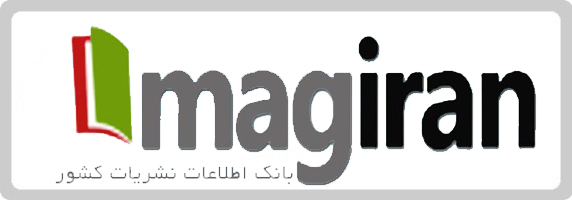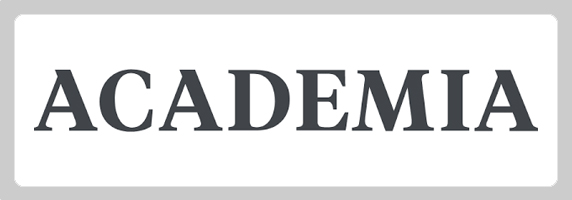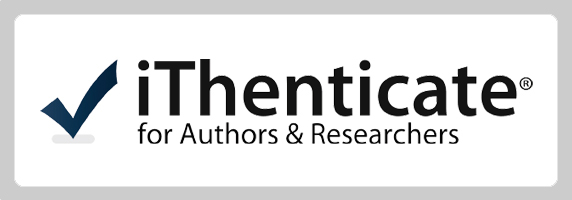About the Journal
The Psychological Research in Individuals with Exceptional Needs (PRIEN) Journal, established in 2023, is a pioneering international academic journal dedicated to the multifaceted field of psychology and its application to individuals with exceptional needs. The journal's scope encompasses a diverse range of topics such as developmental psychology, educational psychology, cognitive and behavioral therapy, neuropsychology, special education, adaptive technology, mental health, social integration, and policy development in support of individuals with disabilities or giftedness. Its primary aim is to promote the understanding, support, and advancement of individuals with unique psychological needs, whether they are developmental, emotional, cognitive, or gifted. PRIEN Journal invites contributions in the form of high-quality original research articles, comprehensive review articles (including narrative, scoping, systematic, and integrative reviews), thought-provoking editorials, concise short communications, and insightful letters to the editor. Committed to maintaining rigorous standards, the journal employs a thorough open peer review process to ensure research integrity and transparency. Adhering to a gold open access model, PRIEN Journal guarantees unrestricted online access to its content, fostering a global exchange of knowledge and ideas in this critical field.
- E-ISSN:
- Director in Charge: Dr. Ali Aghaziarati
- Editor-in-chief: Dr. Salar Faramarzi
- Publisher and Owner: KMANPUB (KMAN Publication Inc.)
- Contact Email: PRIEN@kmanpub.com / journalprien@gmail.com
- Open Access: YES
This journal accepts articles in the following fields:
-
Developmental Psychology: This field focuses on the psychological growth and development throughout the human lifespan, with a particular emphasis on individuals with exceptional needs. Articles in this area often explore how cognitive, emotional, and social development may differ in this population and how these differences impact their daily lives and long-term outcomes.
-
Educational Psychology: Articles in this field concentrate on how individuals with exceptional needs learn and how they can be best supported in educational settings. This includes research on teaching methods, learning processes, educational interventions, and assessments tailored to their unique learning profiles.
-
Psychotherapy Interventions: This field is dedicated to exploring the various psychotherapeutic approaches and interventions tailored for individuals with exceptional needs. Articles in this domain may include studies on traditional and innovative psychotherapy techniques, their effectiveness, and adaptations for specific populations like those with developmental disorders, emotional disturbances, or high intellectual capabilities.
-
Counseling for Individuals with Exceptional Needs: This field emphasizes the role of counseling in supporting individuals with exceptional needs. Articles in this area explore the unique counseling approaches and strategies that are effective for individuals with disabilities, giftedness, and other special needs. This includes studies on individualized counseling methods, group counseling, family counseling, and peer counseling, specifically tailored to the needs of this diverse population.
-
Neuropsychology: Articles in neuropsychology delve into the brain-behavior relationship, particularly how neurological conditions impact cognitive and psychological functioning in individuals with exceptional needs. Research may include brain imaging studies, cognitive assessments, and studies on neurodevelopmental disorders.
-
Special Education: This field encompasses strategies, practices, and policies in educating individuals with disabilities or giftedness. Articles might focus on inclusive education, curriculum adaptation, teacher training, and policy development to meet the needs of this diverse group of learners.
-
Adaptive Technology: Articles in this area explore technological innovations that assist individuals with exceptional needs in their daily activities, learning, and therapy. This can include assistive devices, software, and emerging technologies like AI and VR applications.
-
Mental Health: This field addresses the psychological well-being and mental health challenges faced by individuals with exceptional needs. Articles might cover topics like coping strategies, mental health interventions, and the impact of societal attitudes on their mental health.
-
Social Integration: Research in this area focuses on how individuals with exceptional needs interact with and are integrated into society. Articles may discuss social inclusion, stigma, community-based programs, and the role of family and social networks.
About the Publisher
Publisher: KMAN Publication Inc.
Publisher Office: Unit 5‑10825 Yonge St, Richmond Hill, Ontario, Canada, L4C 3E3
https://journals.kmanpub.com
Email: kmanpu@kmanpub.com
Telegram: +1 (647) 656‑4401 | WhatsApp: +1 (437) 429‑3507
Germany Office: Dratelnstrasse, Wohnung A60, 21119 Hamburg, Germany (+4915207720487)
Open Access Statement
"Psychological Research in Individuals with Exceptional Needs" is committed to immediate and real open access for academic work. All the original articles, technical briefs, and review papers published in this journal are free to access immediately from the date of publication. There are no charges for any reader to download articles and reviews for their own scholarly use.
Copyright and License Agreement
This work is licensed under a Creative Commons Attribution-NonCommercial 4.0 International License.
The workings of the Creative Commons: BY-NC License, as stated on the Creative Commons website, is defined as below:
"This license lets others remix, tweak, and build upon your work non-commercially, and although their new works must also acknowledge you and be non-commercial, they don’t have to license their derivative works on the same terms."
The authors retain the copyright and full publishing rights without restrictions.
The authors retain the copyright and full publishing rights without restrictions.
Similarity Check
At PRIEN, we uphold the highest standards of academic integrity and rigor. To ensure the originality and quality of all submitted manuscripts, we utilize iThenticate, a leading plagiarism detection tool. All manuscripts undergo a thorough similarity check through iThenticate's advanced algorithms, helping us maintain the integrity of scholarly research and adhere to ethical publishing practices.
















